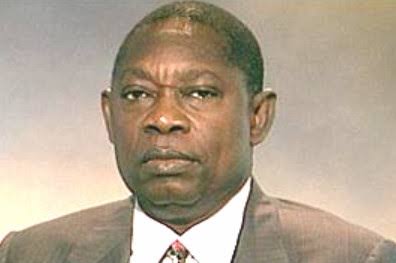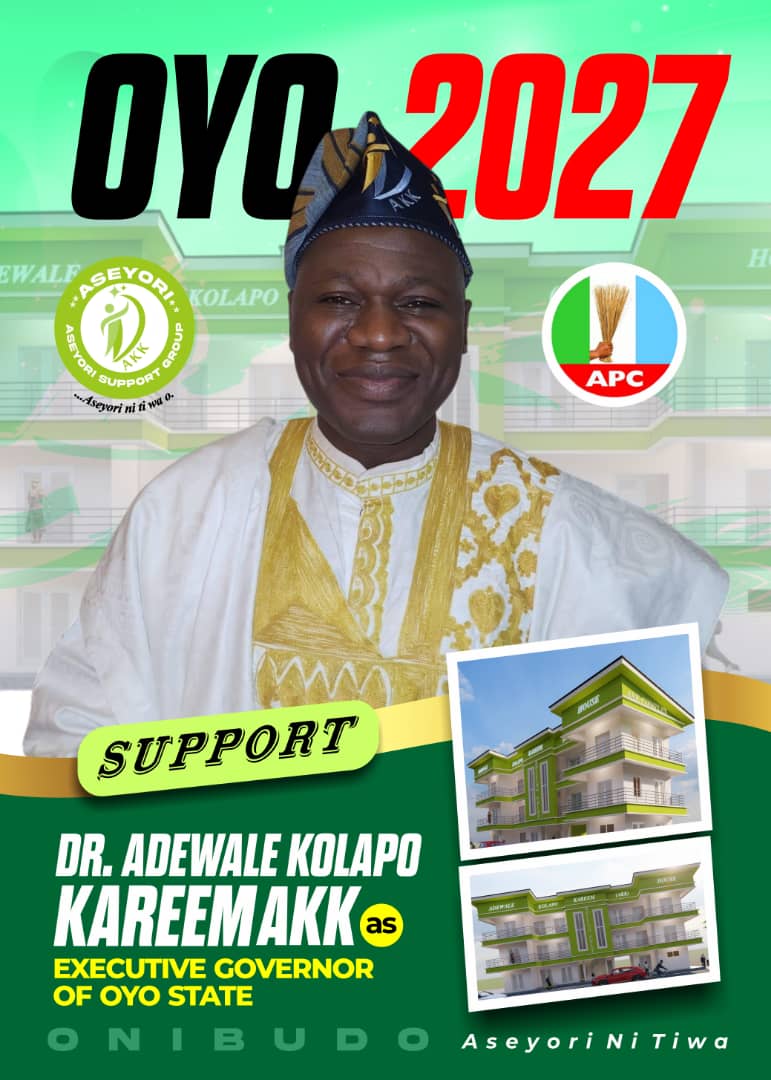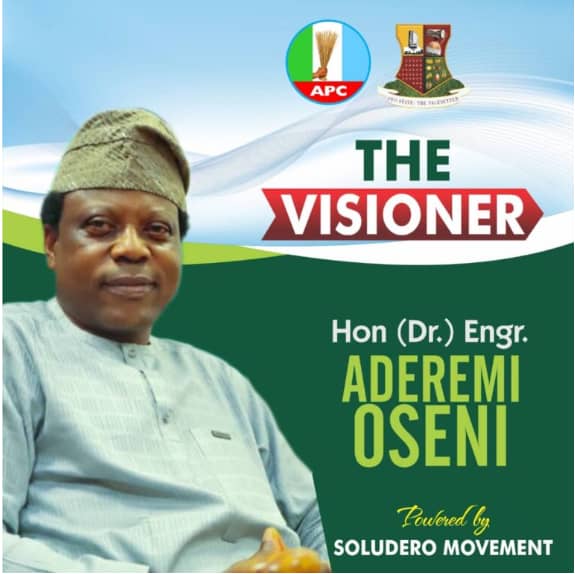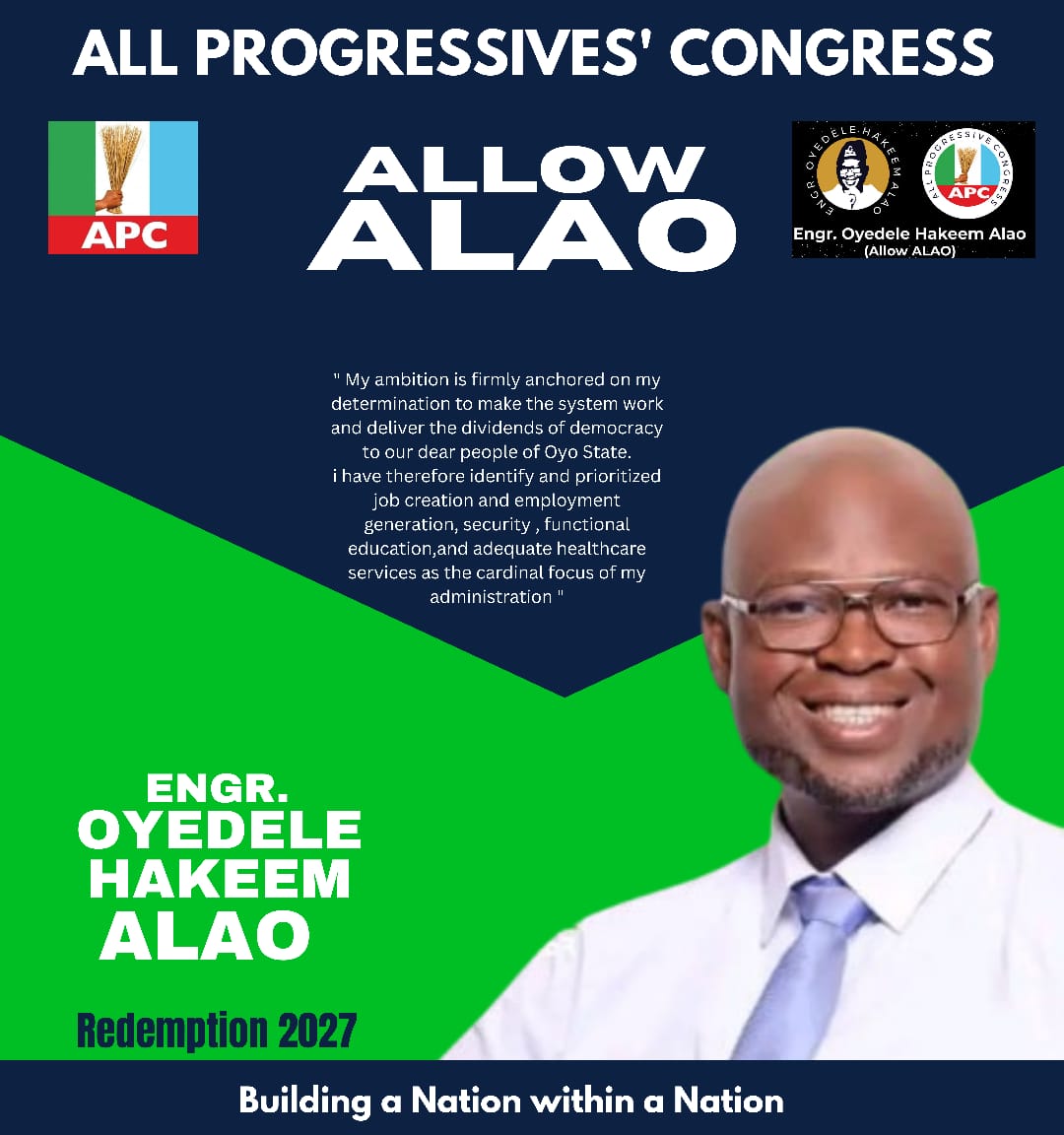

The Buhari presidency will be remembered for many things: the good, the bad, the ugly, and the crazy. However, the administration’s positives include recognising the Late Moshood Kashimawo Abiola as the winner of the June 12, 1993 presidential election and, importantly, the transition from May 29 to June 12 as Democracy Day.
Former President Muhammadu Buhari’s gesture on June 6, 2018, to declare June 12 as Democracy Day is historic for many reasons and has enhanced his ‘democratic standing’, considering that previous administrations, including that of MKO’s Egba brother, ignored calls to honour Abiola and recognise June 12 as Democracy Day.
Why June 12 matters

In many respects, June 12 matters to Nigerians of different divides. It matters because it reminds us of an era when we had a credible electoral umpire, unlike what we have today. Exactly 32 years ago, the nation conducted the freest and fairest presidential election, with the Social Democratic Party (SDP) flagbearer, MKO Abiola, said to have won.

A sizable number of eligible voters out of the country’s 105 million, who filed out to vote at the June 12, 1993, presidential election, never imagined that the exercise would be annulled and the winner would eventually die while struggling to reclaim his mandate. Sadly, that was what happened.

Thirty-two years later, more than half of the country’s estimated 220 million people know about the June 12 phenomenon through a second-hand account. It also takes President Buhari, who formally recognised the winner of the June 12 presidential poll, though posthumously, and even declared the date as Democracy Day for most Nigerians to understand the significance of the day.
Indeed, Buhari’s gesture, which underscores the need to reflect on today as Democracy Day, is significant in many regards. For one, it offered Nigerians a day to critically examine the nation’s democratic journey, particularly regarding the progress made since 1999 or the lack thereof.
Since 1999, when General Abdulsalami Abubakar handed over power to the democratically elected President Olusegun Obasanjo, Nigeria’s democratic journey has been a potpourri of the good, the bad and the ugly. But all the same, there has been appreciable progress. Whether one views the peaceful transitions of power—we have had four such transitions—or the expansion of civic space and media freedom, never mind its inherent limitations, democracy in Nigeria is gaining traction.
The civic space is boisterous, and citizens, to a large extent, freely express their opinions. Although occasionally, there are concerns over attempts to muzzle dissenting voices, including the use of security personnel to harass and intimidate citizens, the Nigerian civic space is vivacious and perhaps one of the best on the continent.
A dream betrayed
But has Abiola’s dream not been betrayed? The Late MKO campaigned on building Hope. His mantra, Hope ‘93, was anchored on fighting poverty, promising to bring hope to the downtrodden masses, many of whom faced the harsh economic reality occasioned by General Ibrahim Babangida’s implementation of the IMF and World Bank’s Structural Adjustment Programme (SAP).
Specifically, the Late MKO Abiola, whose memory we are marking today as Democracy Day, promised to implement policies that would broaden Nigeria’s foreign exchange earning capacity and maximise her returns from oil. In one of his many campaign outings, he assured Nigerians that the national assembly would do its job under his presidency.
Who could have imagined that thirty-two years later, we would still be battling poverty to the extent that, less than five years ago, Nigeria was ranked the world’s poverty capital despite the country’s enormous resources?
Out of betrayal, Abiola would turn in his grave if he knew what is happening today where, in contrast to his promise to end poverty, more than sixty million Nigerians are multidimensionally poor, where the NASS is a mere rubber stamp and where the government is doing, without ceasing, the bidding of IMF and World Bank. This is not his dream for Nigeria and Nigerians.
Abiola would be alarmed that although one of his disciples, who promised the Renewed Hope, is now the president, inflation has surged. Food inflation is at an all-time high, and the cost of transportation, rent, drugs, and school fees is intolerably high. The electricity tariff has been increased, yet there is no steady power supply. The cost of petrol per litre is almost N1,000. The list is endless.
It must be stated that all of these and many more are the result of ill-thought-out policies, which have pushed more Nigerians into poverty. These policies were implemented by one of the Late MKO’s disciples who, on the assumption of office, promised to lift millions out of poverty, create thousands of digital jobs, and double power generation. Midway into his four-year term, these promises remained what they were in the beginning: promises!
I do not doubt that Abiola would frown today upon realising that, despite this woeful performance, the presidency – aided by the ruling APC -is focusing more on re-election campaigns after merely spending the first half of its four-year term.
Inherent flaws
But the deplorable state of things under this administration reflects the inherent flaws in our democratic journey. Twenty-five years after the current democratic dispensation, we are still caught up in electoral violence, vote-buying, rigging, ballot box snatching, voter intimidation and harassment, as well as a whole lot of other practices that negate the freedom that is the hallmark of democracy. The last general election is anything but credible.
Nothing seems to dampen the morale of most Nigerians, such as the trust deficit between the citizens and the Independent National Electoral Commission, which most citizens believe is anything but independent and impartial. When juxtaposed with a compromised national assembly and civil society, one can see how deadened the nation’s democracy is.
All of the foregoing aside, the nation, despite its pretensions to democracy, is battling with a judiciary perceived as hopelessly corrupt, with justice perceived to be up for sale to the highest bidder, amid weakening institutions.
The fallout is the widening and intensifying gap between democratic ideals and governance reality. The nation is seething in corruption, with billions of naira outright stolen or mismanaged. The sleaze permeates different sectors and has impeded the government’s ability to provide much-needed governance, including protecting lives and property, which is the basic reason for the existence of government. Killings and abductions for ransom are gradually becoming the new normal. The danger this poses pales in significance compared to the simmering ethnic tensions and mutual distrust among the citizens.
But even as we mark today, we must ask if we are better off now than we were 32 years ago when MKO traversed the length and breadth of this country with his Hope ’93. Is this the country MKO Abiola envisaged?
The Late MKO envisioned a Nigeria where concerted efforts are made to promote transparency and accountability, especially in the conduct of the government’s operations. Over thirty years after the annulment of the election that would have presented an MKO presidency to the nation, we are still struggling with a political culture built along ethnic and religious lines.
The truth is, there is still much to be done to deepen democracy in Nigeria. One key way is to ensure genuine electoral reform. But above all, we desperately require strong institutions and an unconditional commitment to democratic values of justice, equity, and freedom. I know that what is currently happening is not Abiola’s vision!